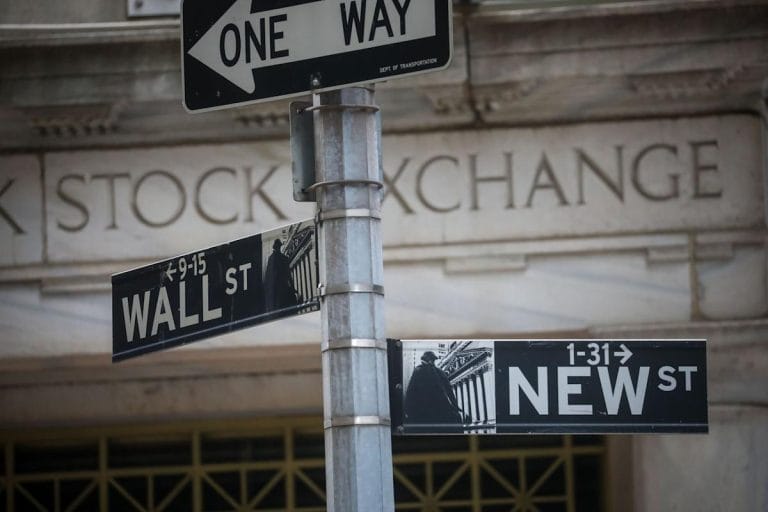🎧 Listen to This Article
As President Donald Trump pushes a sweeping tax-and-spending bill through Congress, markets have fixated on an obscure yet increasingly controversial clause: Section 899. Dubbed the “revenge tax,” this measure targets foreign nations with policies deemed discriminatory to U.S. interests, and it’s beginning to spark unease on Wall Street and beyond.
Weaponizing Tax Policy
Formally known as the “Enforcement of Remedies Against Unfair Foreign Taxes,” Section 899 proposes increasing federal tax rates on passive income earned by individuals and institutions from countries imposing digital service taxes or minimum corporate tax schemes. Among the countries potentially affected are the UK, France, Canada, and Australia.
The provision effectively punishes foreign investors by raising tax rates on U.S.-sourced dividends, interest, and other passive income by up to 20 percentage points over time. While cloaked in legal language, its intention is to pressure foreign governments to dismantle tax structures that target American tech and corporate interests.
Capital War, Not Just a Trade War
“This clause transforms a trade war into a capital war,” warns George Saravelos, Head of FX Research at Deutsche Bank. “It risks eroding the openness of U.S. capital markets, which have long been a global magnet.”
The timing couldn’t be worse. Foreign appetite for U.S. Treasuries is already waning amid higher interest rates and fiscal volatility. Strategists at Morgan Stanley suggest the provision could further weaken the dollar, drive up long-term yields, and dampen European stocks with significant U.S. exposure.
Investor Confidence Shaken
Michael Brown of Pepperstone Group reports many inquiries from overseas clients concerned about the clause’s implications. “This could be the tipping point for global investors already questioning the safety and predictability of U.S. assets,” Brown notes.
Sovereign wealth funds, pensions, and institutional investors holding trillions in U.S. assets could be forced to reassess their exposure. The resulting capital outflows would pressure the U.S. dollar and elevate borrowing costs for the federal government.
Strategic or Shortsighted?
The clause reflects Trump’s broader economic agenda, which views international tax cooperation skeptically. Economist Stephen Miran, now a senior White House adviser, has advocated for taxing foreign investment to promote domestic industry and rebalance trade. However, critics argue that this measure may do more harm than good by undermining confidence in the markets that fund America’s deficits.
Muted Market Reaction — For Now
Despite the potential ramifications, markets have been slow to react. Analysts attribute this to a lack of awareness or understanding of Section 899’s full implications. “As the dust settles, more investors are beginning to see what this means,” says Brown.
The S&P 500 is up just 0.4% in 2025, far underperforming international peers. Meanwhile, the Bloomberg Dollar Index has dropped 7%, and U.S. Treasuries have lagged global bond markets.
Looking Ahead
With strong Republican support, Section 899 will likely survive the Senate’s reconciliation process. Signum Global Advisors predicts it will be included in the final package, arguing that the administration underestimates the potential fallout.
“There is a belief within the White House that foreign investment in U.S. markets is so robust it can withstand these shocks,” says Charles Myers, chairman at Signum.
Only time will tell whether that confidence is warranted. For now, global investors would be wise to read beyond the headlines because the most consequential parts of Trump’s “big, beautiful” bill may be buried deep within the fine print.
For further details, clarification, contributions, or any concerns regarding this article, please get in touch with us at editorial@tax.news. We value your feedback and are committed to providing accurate and timely information. Please note that our privacy policy will handle all inquiries.



